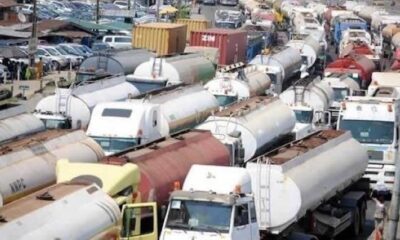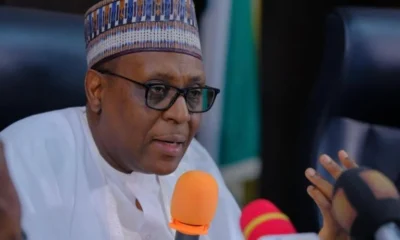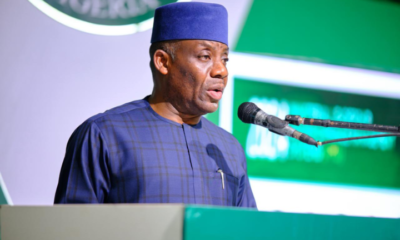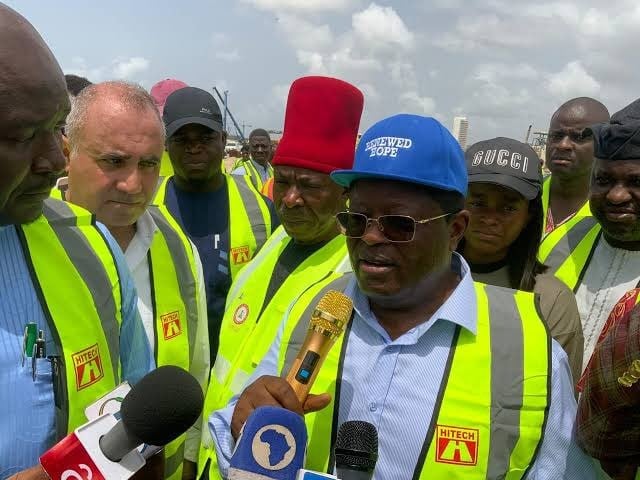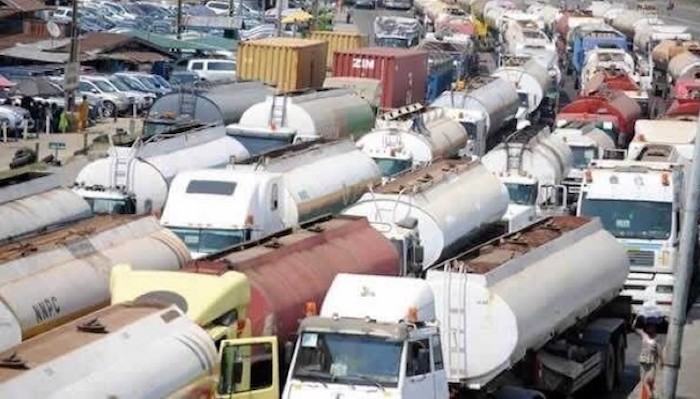NOGASA and PETROAN have raised concerns over Dangote Petroleum Refinery’s intention to bypass the traditional distribution framework and supply refined products directly to end users. They warn that this could result in nationwide disruption, long-term shortages, and a breakdown of the current supply chain.
The oil suppliers urged Dangote Refinery to reconsider and engage in further discussions before launching direct distribution. They highlighted the failure of refineries under NNPCL as a precedent and appealed to President Bola Tinubu to step in, emphasizing that Dangote alone cannot manage national distribution sustainably. Bennett Korie, NOGASA’s national president, made this appeal during the group’s Annual General Meeting in Abuja.
In response, a Dangote Group official dismissed the objections, describing them as “anti-Nigeria” and insisting that the plan is intended to eliminate petrol logistics costs nationwide.
Billy Gillis-Harry, President of the Petroleum Products Retail Outlet Owners Association of Nigeria, supported NOGASA’s position. He urged Nigerians to be cautious in celebrating Dangote’s announcement.
On Thursday, depot petrol prices jumped from N815 to N870 per litre — a 7% increase — as the rift unfolded.
The $20bn Dangote refinery recently announced plans to deploy 4,000 CNG-powered tankers to deliver petrol and diesel directly to bulk consumers, skipping traditional intermediaries. These trucks are expected to begin operations by August 15. This initiative, backed by a N720bn investment, could save Nigeria N1.7tn annually and support 42 million MSMEs through reduced energy expenses and improved business margins.
Dangote says the programme aligns with its goal to cut logistics costs, improve energy efficiency, and support national economic growth.
Korie warned that if retail outlets are pushed out, reestablishing supply lines during any refinery disruption would be difficult. He noted that bundling refining, distribution, and retail under one entity is risky, citing how NNPCL’s move into direct retailing led to the collapse of its refineries.
He emphasized that NOGASA supports the refinery’s production efforts but sees direct distribution as a serious risk. Korie explained that “You are blending, you are refining, and at the same time operating, and again, add a filling station in your operation. You will have a problem.” He urged Dangote to focus solely on refining and selling to marketers who would then distribute.
Korie reaffirmed NOGASA’s willingness to collaborate with Dangote Refinery for mutual success but warned against monopolistic tendencies. “The entire giant’s indirect distribution of their products with the purchase of 4,000 distribution trucks for nationwide supply makes us worried about staying in the business,” he said, noting that many small suppliers depend on the existing system.
He also pointed out that over 50,000 filling stations and the jobs they provide could be at risk. Korie called for the government to initiate dialogue between Dangote Group and key players in the sector.
Billy Gillis-Harry echoed similar concerns, warning that Dangote’s full control of refining, logistics, and pricing could mirror past outcomes seen in the cement industry. “Because I want to draw your attention to the fact that we also have similar situations in our cement industry,” he noted, pointing to price hikes and loss of competition.
Gillis-Harry reported that retail outlet owners are losing up to N80 per litre, making it difficult to stay in business. He urged authorities to step in with pricing controls, ensure crude access for local refiners, and protect industry jobs.
Dangote reacts
A Dangote Group official expressed disbelief that fuel supply might be disrupted simply because someone aims to “distribute fuel for free.” The official argued that eliminating logistics costs would benefit Nigerians and wondered why this was being opposed.
He questioned the claim that NOGASA members would be displaced, stating that “The market is big enough.”
He pointed out that 4,000 trucks can’t possibly serve 774 LGAs alone and dismissed concerns of monopoly or job loss, adding that “Dangote is not saying, ‘don’t do your business.’”
IPMAN National Vice Chairman, Hammed Fashola, said he was unsure if NOGASA has the strength to disrupt distribution, but acknowledged that players are concerned about their survival.
“Everybody wants to make sure they remain in business,” Fashola said, noting that many in the supply chain might feel threatened. He expressed optimism that dialogue could align all interests.
Depots hike prices
Depot petrol prices surged by 7% from N815 to N870 per litre, following Dangote refinery’s sudden halt in petrol sales at its terminals. This has increased market volatility and added to price pressures.
A memo titled “Important Update on DPRP Collection Account for PMS” instructed marketers to stop payments for loading at the refinery’s gantry until further notice.
Meanwhile, importers have lowered their prices, triggering fresh competition. But depots soon responded by raising prices, citing global crude increases. Data from petroleumprice.ng showed that major depots including NIPCO, Aiteo, Rain Oil, MenJ, Sahara, and Aipec now sell at N870 per litre, while Dangote’s depot offers slightly lower at N865.
Credit: The Punch

 BIG STORY4 days ago
BIG STORY4 days ago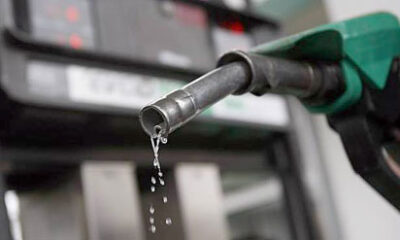
 BIG STORY2 days ago
BIG STORY2 days ago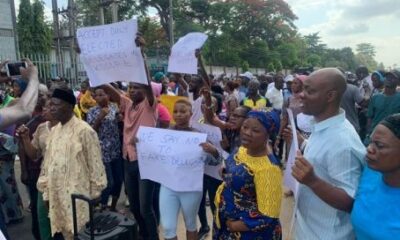
 BIG STORY4 days ago
BIG STORY4 days ago
 BIG STORY4 days ago
BIG STORY4 days ago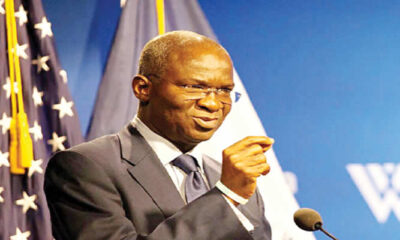
 BIG STORY2 days ago
BIG STORY2 days ago
 BIG STORY3 days ago
BIG STORY3 days ago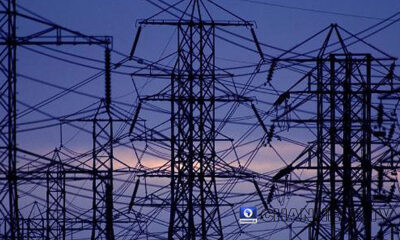
 BIG STORY4 days ago
BIG STORY4 days ago
 BIG STORY4 days ago
BIG STORY4 days ago











